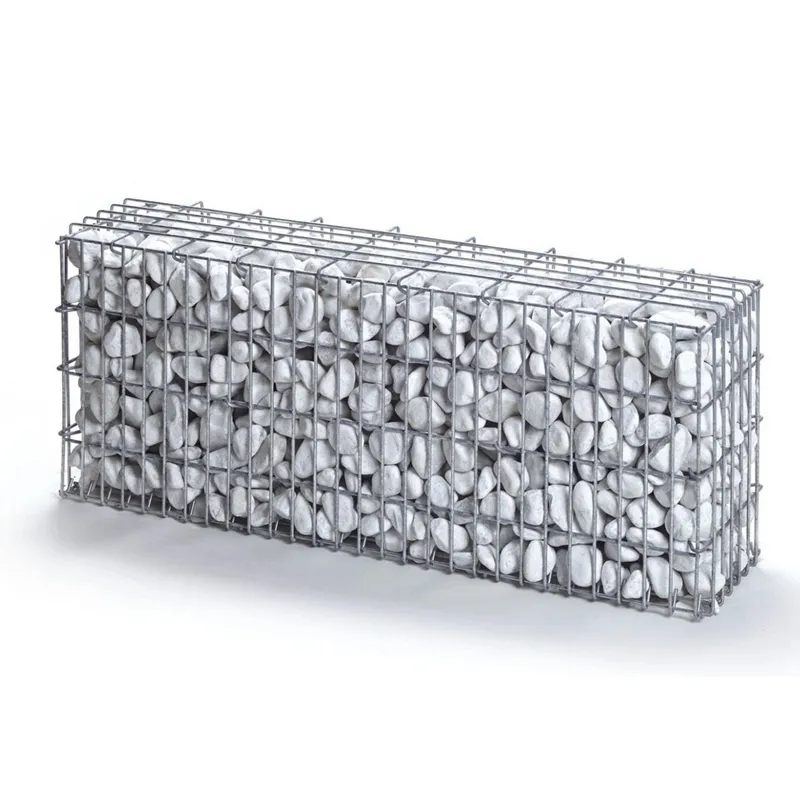-
+86 15030157877
-
sales@galvanizedmetalmesh.com
gru . 09, 2024 23:18 Back to list
Customizable Fencing Solutions for Your Unique Sheep and Livestock Needs
Custom Sheep Fencing Protecting Your Flock with Style and Functionality
When it comes to raising sheep, ensuring their safety and well-being is a top priority for any shepherd or livestock owner. One of the most crucial aspects of sheep farming is having a reliable and effective fencing system. Custom sheep fences not only provide the necessary security to keep your flock safe from predators but also add a touch of style and individuality to your farm. In this article, we will explore the benefits of custom sheep fencing, its components, and how it can enhance your farming experience.
The Importance of Quality Fencing
First and foremost, the primary purpose of any fence is to contain and protect livestock. Sheep are naturally curious animals, and without proper fencing, they may wander off, risk injury, or even fall victim to predators. A custom sheep fence serves as a barrier that helps delineate the boundaries of your property while simultaneously providing a safe space for your flock to graze and roam freely.
Beyond protection, a well-designed fence can also serve agricultural purposes. For instance, proper fencing allows farmers to rotate pastures effectively, which is essential for maintaining healthy grasslands and preventing overgrazing. Rotational grazing not only improves pasture quality but also contributes to sustainable farming practices.
Customization Options
One of the main advantages of custom sheep fencing is the ability to tailor the design and materials to fit your specific needs. Depending on the size of your flock, the landscape of your property, and your overall aesthetic preferences, you can choose from various materials and designs.
1. Materials Common materials for sheep fencing include barbed wire, woven wire, electric fencing, and high-tensile fencing. Each material has its own set of benefits. For example, woven wire is durable and effective at keeping sheep contained, while electric fencing adds an extra layer of protection against predators.
custom sheep fence

2. Height and Configuration The height of the fence is another important factor. A standard sheep fence is typically around 4 to 5 feet tall. However, if your area is prone to larger predators, you may want to opt for a taller fence or additional deterrents like barbed wire at the top.
3. Aesthetics Custom sheep fencing can be designed to complement the natural beauty of your farm or property. Whether you prefer a rustic wooden fence or a more modern metal design, incorporating aesthetics into your fencing can enhance the overall appeal of your farmland.
Professional Installation vs
. DIYWhen it comes to installation, you can choose to either hire professionals or take on the project yourself. Professional installation ensures that the fence is built to code, secure, and can withstand environmental factors such as wind and rain. However, if you’re handy and have some experience, building your own custom sheep fence can be a rewarding endeavor that allows you to get exactly what you want.
Maintenance Considerations
Like any structure, a custom sheep fence requires regular maintenance to ensure its longevity and functionality. Inspecting for damages, tightening loose wires, and repairing any breaches are crucial steps in keeping your flock safe. Additionally, checking for rust or deterioration in metal fences and ensuring that wooden fences are not rotting can prevent long-term issues.
Conclusion
Custom sheep fencing is an essential investment for anyone serious about sheep farming. With the right design, materials, and maintenance, a custom fence can keep your flock safe while enhancing the overall aesthetics of your property. The ability to tailor your fencing solution to meet your specific needs allows you to protect your investment effectively and promote the health and well-being of your sheep. In the world of agriculture, a strong fence truly makes for a strong farm.
-
Welded Gabion Solutions: Durable & AI-Enhanced Designs
NewsAug.01,2025
-
Premium Welded Gabion Mesh | Robust & Eco-Friendly
NewsJul.31,2025
-
Premium Eco-Friendly Roof Tiles | Affordable & Durable
NewsJul.31,2025
-
Premium Roof Tiles for Durable & Stylish Roofing Solutions
NewsJul.30,2025
-
High-Quality Roof Tiles for Durable & Stylish Roofing Solutions
NewsJul.29,2025
-
High Quality Square Wire Mesh Manufacturer & Supplier for Wholesale
NewsJul.29,2025



